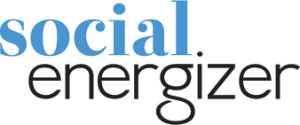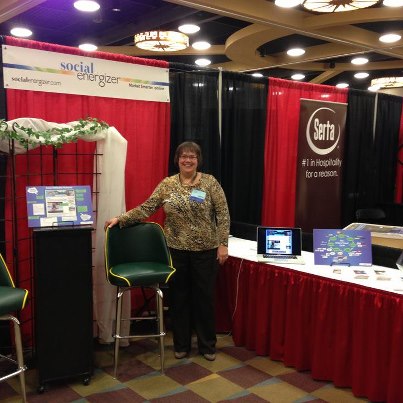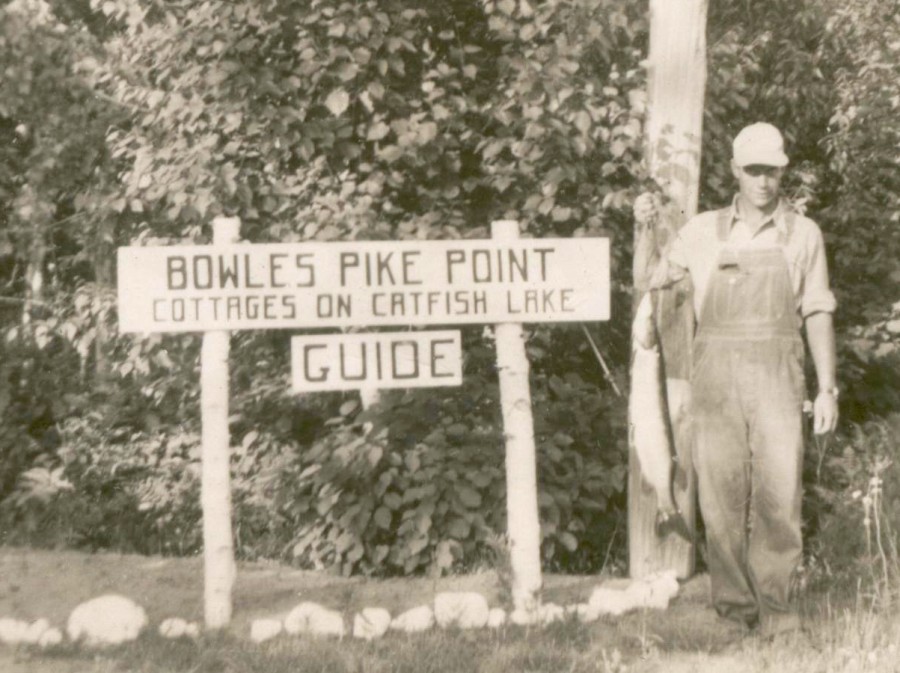Hospitality
Make The Most of Your Hotel Facebook Page
Drastically increase reservations by making the most of your Hotel Facebook Page. Using a few of these ‘secrets’, focus your Facebook Page efforts to relate better with potential guests and ultimately produce more bookings. Use Facebook’s new timeline for businesses to get better exposure, more interaction and increased bookings Add an Online Booking Engine to…
Read MoreOnline Hotel Marketing
When it comes to online hotel marketing, Social Energizer can help you tackle the tough parts. Each solution has been researched, tested and chosen for features that will quickly help you make the most of getting online. You’ll be amazed at our focus on choices that let you work less, not more! • Online Booking Engine…
Read More15 Trending Travel Terms
Moving your hotel to an automated, online integrated system is a big step. Here are 15 Trending Travel Terms to help you with some of the new lingo. Property Management System (PMS) The application used by the hotel to control onsite property activities such as check in/out, folios, guest profiles, room status, requests, etc. PMSs…
Read MoreToday’s Travel Decision Cycle [TRAVEL INFOGRAPHIC]
Today, we look at how travelers increasingly use online media and mobile technology throughout the various stages of travel. The art of travel has changed and the Travel Decision Cycle has evolved. The former model that usually included a travel agent and resources like the OAG (Official Airline Guide) no longer fits. Today’s model includes…
Read MoreIs Your Hotel Facebook Nearby Ready?
Facebook Nearby is picking up momentum. It raises some important questions for hoteliers. Does your hotel have a Facebook Page optimized for business? Can people ‘check-in’ to your hotel on Facebook? How important are guest reviews to your business? Do you actively manage your reviews? And seek new ones? Will Facebook ‘Nearby’ be able to pick…
Read MoreAdditional Revenue Model for Hotels
Catalin calls this hotel strategy The Catwalk Concept. It is fundamentally an additional revenue model for hotels that uses the concept of sponsoring brands that may be used within the hotel. Excerpt from Catalin at Cain: “A branded hotel can take three specific steps to capitalise on this opportunity: First, conduct research to identify specific brands…
Read MoreWH&LA Hotel Web Services Giveaway from Social Energizer
Social Energizer would like to congratulate Dawn Byczek, of the Adams Inn (formerly Adams Super 8), Adams, WI as the prize winner of our Hotel Web Services Giveaway at the WH&LA Convention and Trade Show on Oct 22, 2012. Dawn was among the nearly 200 participants who attended the convention and trade show at Kalahari Resort in…
Read More5 Stages of Choosing Travel
The travel outlook is positive, and with the rise of mobile, social and video behaviors, we are now seeing seeing travelers move through five key stages of travel. Here are some insights within each stage: Dreaming: 68% of business travelers watch travel-related online videos. Among them, 68% are thinking about a trip. Planning: The average…
Read MoreNaked truth about online hotel reviews [INFOGRAPHIC]
A great article and infographic on the nature of online hotel reviews. I find these statistics interesting and feel likely that they are accurate. The most interesting points here are that 81% of travelers find reviews important and 49% of travelers won’t book a hotel without reviews. This means that an important part of any hotels…
Read MoreYour Guide to Selecting a Hotel Property Management System
When I was young, my grandmother and grandfather owned and ran a small resort in Northern Wisconsin. I remember her notifying the nearby Visitor’s Information Center on Friday evenings when they had open, unsold cottages. It was a friendly conversation that was often repeated just before the cottages ‘turned-over’ for the next weekly rentals. These…
Read More


